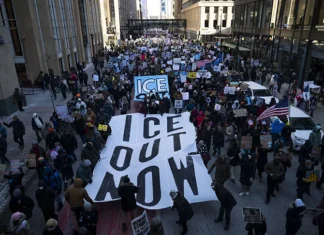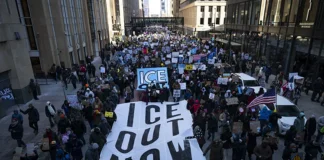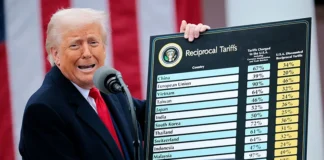
A pilot program, also called a feasibility study or experimental trial, is a small-scale, short-term experiment that helps an organization learn how a large-scale project might work in practice. A program would aim to serve people who are severely rent burdened, homeless or at risk of losing housing. If approved, it would be the nation’s first statewide pilot of a basic guaranteed income program.
Basic income programs in Washington D.C., Jackson, Mississippi, Stockton, California and throughout Canada have shown that participants spend that money to improve their financial, emotional and physical health. This has included paying bills, buying more nutritional food, accessing medical care more frequently and paying for childcare, among other expenses.
In Multnomah County, the Multnomah Mothers Trust Project has provided 100 Black mothers $500 a month since early 2022. Participants generally used funds for utilities, rent, medical issues and to start saving for emergencies, according to testimony provided by Portland State University.
The money for housing assistance come from taxpayers through the state’s general fund, and the Portland State University Homelessness Research and Action Collaborative work on a trial basis to gauge its success and determining whether it should continue or be expanded. The bill indicates the money is supposed to be used for items like rent, transportation, medical bills, and student loans.
Preliminary results of a Stanford University study of more than 30 basic income pilot programs throughout the country found that 70% of money was spent at grocery and retail stores.Portland State University would come up with guidelines and monitor the impact, if the bill were to pass. Campos and Pham say the program has been tried in other cities around the country and has been successful in keeping people housed.
Senate Bill 603: Establishes People’s Housing Assistance Fund Demonstration Program, administered by Department of Human Services, to provide 12 monthly payments of $1,000 to individuals who are experiencing homelessness, are at risk of homelessness, are severely rent burdened or earn at or below 60 percent of area median income. The Sunset provision is set to January 2, 2026.












